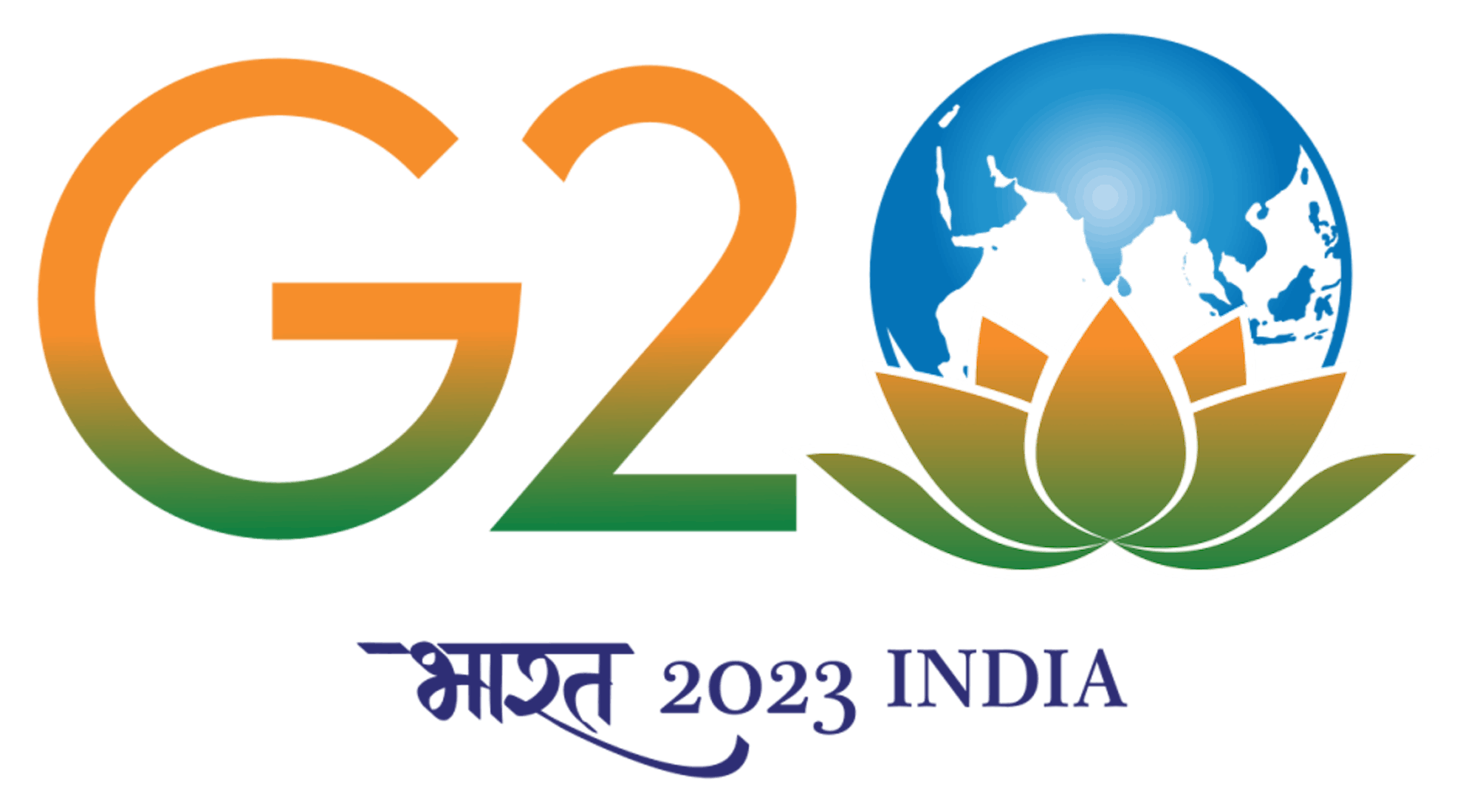There has been plenty of buzz surrounding the G-20 ceremony in India this year. With huge billboards on the sides of roads in New Delhi and Mumbai, Indian President Narendra Modi’s government has increased domestic awareness of foreign policy. For India, the summit has turned into a public relations blitz where it can put forth the image of itself as a country that is ready to take on a larger power position on the world stage and one that is equipped to tackle the political and economical challenges that plague the 21st century.
Gearing up to face elections in India next year, the Modi government has placed major emphasis on the G-20 summit. Karishma Mehrotra, the Washington Post’s South Asia correspondent, and India bureau chief Gerry Shih make the point that the forum will be used to “show off what officials say are India’s contributions to the world.” J.P. Nadda, the president of the ruling party, stated that Modi has visited 60 countries as prime minister and further emphasized how India’s hosting of the G-20 portrays Modi as an independent global leader. Amit Shah, India’s home minister, has defended the politicization of the G-20 for domestic purposes, asking “why shouldn’t the G-20 be used for domestic politics?”
From a more geopolitical perspective, India has taken an unsurprising but interesting approach toward Russia’s invasion of Ukraine. Its theme for the G-20, “Vasudhaiva Kutumbakam” or “One Earth. One Family. One Future,” is directly in line with India’s foreign policy of subtle neutrality in the Russia-Ukraine war. With India reluctant to voice opposition against Russia’s invasion, the theme of oneness and peace can be seen as a strategy to strike a delicate balance between the East and West. From another lens, it can also be perceived as an indistinct or subtle condemnation of Russia’s hindering this ‘oneness’ through their invasion, allowing India to stay close to its Western allies without really abandoning a long-standing ally such as Russia. Modi, emphasizing India’s G-20 theme of oneness in his speech to top foreign dignitaries, stated “we are meeting at a time of deep global divisions” and “we should not allow issues that we cannot resolve together to come in the way of those we can.” In this way, India is positioning itself as a bridge between the West and Russia, with the underlying intention of ensuring its relationships with the two sides remain intact.
This year’s G-20 is also salient due to its economic agenda, encompassing external debt and international trade. The World Bank has stated that the total debt of poorer countries stands at $9 trillion, with rising interest rates and slowing growth only increasing the burden of this debt. India should use the multilateral forum to push for inclusive growth with means like the promotion of financial services, increased investment in education and stricter enforcement of anti-discrimination laws that would lead to a more equitable economy. Moreover, increasing financial support for small to medium enterprises can generate more growth for developing countries. According to the World Bank, SMEs represent 90% of all business worldwide. With international financial institutions being more receptive toward funding, developing countries might be able to reach growth and debt targets.
Additionally, the United States should consider a retrenchment from protectionism. America has turned protectionist on many of its primary allies, signaling a dramatic change. The Inflation Reduction Act, passed in 2022, has led to complaints by the European Union that tax credits and subsidies are unfair for EU products in U.S. markets. The plan was also labeled as a “betrayal” by a South Korean official. Amitabh Kant, the chief executive officer of India’s foremost think tank, went so far as to state that it is “the most protectionist act ever drafted in the world.” These protectionist measures could lead to an even more fractured international political order and higher consumer costs, making the repayment of debt more challenging. In times like these, India should underline its vehement support for the World Trade Organization at the G-20, rallying confidence in the organization during a time where governments worldwide are skeptical of foreign institutions.
The G-20 signifies India’s self-realization as a global power that demands a seat in the international order, while also illustrating the global economic and foreign policy challenges that plague the world. Hosting the G-20 in Delhi this year, India is tasked with maintaining a close balance between the West and Russia, positioning itself as a crucial link to both regions and most importantly, making the case that it is a powerful force to reckon with.






